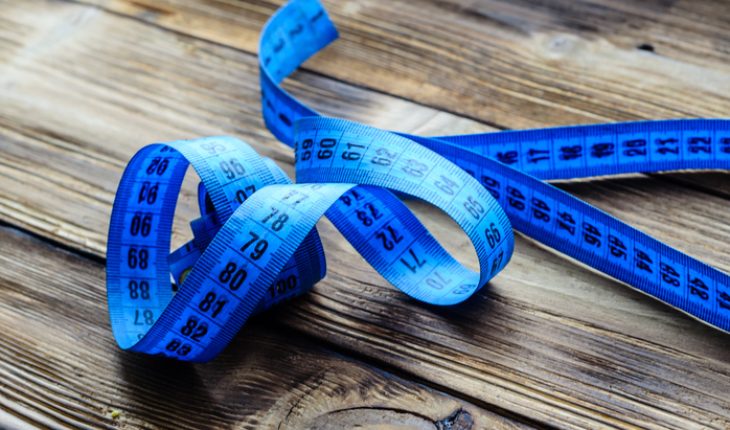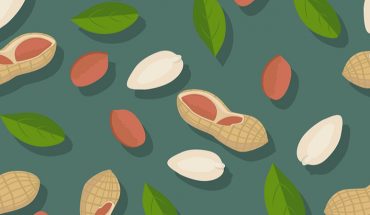Many of us, myself included, struggle to control our weight. Unlike many of the generations that preceded us most of the people in the UK struggle to control our urge to eat. Previous generations may have had similar urges but, certainly for my grandparents and their forbearers overeating just wasn’t an option; there was barely enough food to feed the family. Now some of us are faced with a wonderful selection of calorie-dense, appealing food. Some of us struggle to control our weight whilst others seem to do so easily. I thought it might be useful to consider why that is.
Studies suggest that in the long term, there is no escaping the fact that to make one pound of fat, you need to store approximately three and a half thousand calories, equivalent to riding about 100miles on a bicycle.
Studies suggest that in the long term, there is no escaping the fact that to make one pound of fat, you need to store approximately three and a half thousand calories.
So in order to gain weight sufficient to become obese most adults have to store what seems like a vast number of calories. So how and why does this happen? The physics is clear – none of us can make energy from nothing. Gaining fat is a reflection of the disordered balance between calories in verses calories out. But does that make it our fault? Not at all.
Our ancestors had to eek a living hunting and gathering what they could from meager resources. When they found a source of food rich in calories, they ate it. This is what kept them alive when food was scarce. Similarly those genes that made them choose the high-calorie, rich foods were also the foods that we evolved to choose over those which had less value and were less likely to keep us alive. So the genes that helped us survive were those that drove us towards eating a bit more in times of plenty and those that made us choose the high-calorie foods. These are the very same genes that now make me choose that bacon sandwich and draw me towards having that second biscuit.
There are known to be over ninety genes that are associated with the development of obesity. Whilst one or two relate very directly to hormones that are key to the control of appetite in a major way (leptin for one), most have more subtle effects. Nevertheless nearly all of the currently identified genes influence what we eat. They do this predominantly in two ways. They either influence our food response; the impulse to eat from the chocolate box (bacon roll for some), or they control satiety; the “button” that says I have had enough. Roughly 60 to 70% of the variability in BMI (weight proportionate to height) within our society can be accounted for by genes that control these factors.
So how much extra do people with these genes eat? Well on a daily basis not much. The maths is scary. 30 or 40 calories a meal doesn’t sound like much, most of us couldn’t measure it (half a biscuit, perhaps, a single chocolate) but that equates to 100-120calorise a day, or 3000 calories a month or roughly 5 kilos a year. By the time we have done that for 10 years we are dangerously overweight. Of course other environmental factors influence what we eat, and what we burn. Fatigue is known to increase grehlin – one of the hormones involved in appetite control. Stress also influences this and other hormones. The availability of yummy high calorie foods also makes those of us susceptible to excess vulnerable to over indulgence.
So what can we do to prevent more weight gain? Well firstly prepare the fridge and the kitchen cupboard. Make sure there is tasty stuff in the fridge that is also healthy and not so calorie dense (vegetables are often a good start – they have a relatively high volume per calorie so the stomach wall gets stretched and grehlin and other hormones are released to trigger satiety). There is a body of evidence to suggest that lean protein may have a high satiety value per unit calorie.
There is a body of evidence to suggest that lean protein may have a high satiety value per unit calorie.
Whilst fats may be calorie dense there is some evidence that certain fats may have benefits on long-term appetite, perhaps by their effects on promoting a healthy micro biome (the bugs living in our guts). In essence a balanced diet without too many “treats”(cheese or chocolate!) Exercise may also have a role to play in influencing our appetites and burning some calories!
The genes that make us are not our fault (they kept our ancestors alive), but we cannot influence the genes we are born with. What we can do as human beings is make conscious choices and, to an extent, manipulate the environment around us to overcome the risks and difficult choices we sometimes face.
- Weight gain – why me? - 11th May 2017
- Challenging diagnosis of IBS - 7th May 2017






